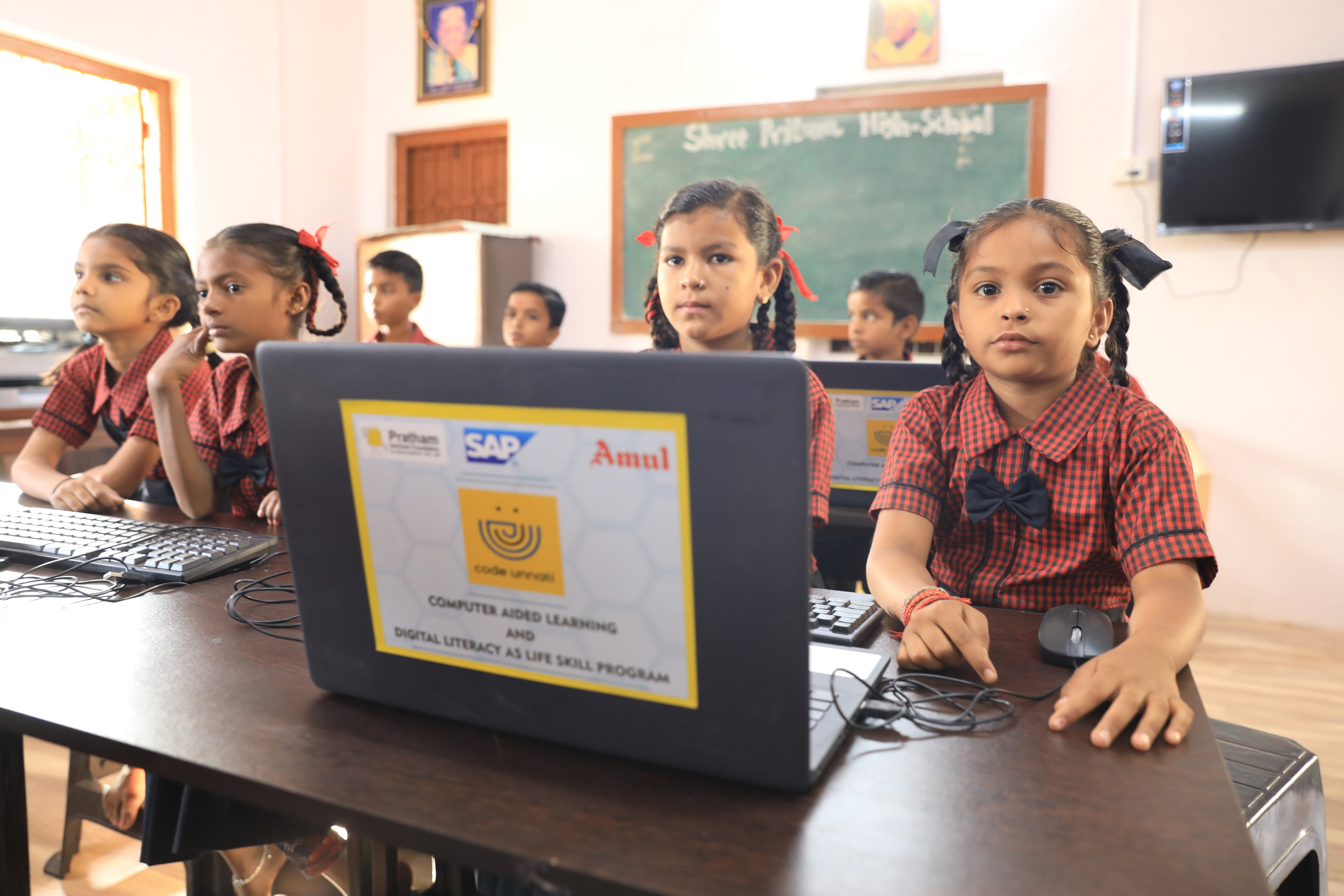AHMEDABAD – April 05, 2022 – SAP and Amul today announced a joint community outreach, focused on knowledge transfer and technology capacity building that will transform lives of 1.5 million Indians, comprising children, adolescents, youth, women, and farmers. The initiative is designed to focus on social entrepreneurship, enablement of skilled workforce, digital inclusion, and bridging the gender equality gap for the community.
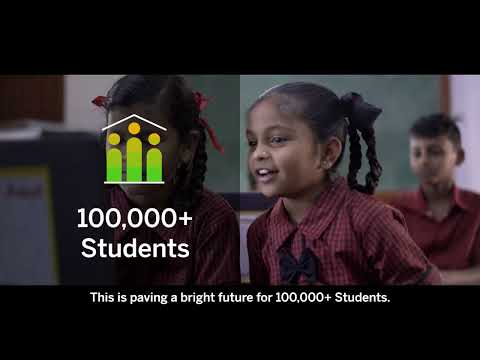
Over the last two decades, the two companies have worked together to optimize business processes and drive digital transformation for Amul, using SAP’s digital core ERP and supply chain solutions. The community outreach, is therefore, a natural extension of the companies’ long-standing partnership and commitment to innovation and creation of a long-term, scalable, and greener world.
Speaking on the collaboration, RS Sodhi, Managing Director of Gujarat Cooperative Milk Marketing Federation, Ltd, (Amul) said, “Over 66 percent of India’s population lives in rural areas. Most of the rural population lives in India depends on agriculture, animal husbandry and dairying for their livelihood. Over the years, we have observed that various Government has tried their best to give them better access to education, transportation, financial services, and internet connectivity. With an objective of inclusive and sustainable community development, Amul and SAP has joined for the project. Under the project, quality digital literacy and skill interventions training imparted to school going children ate teachers.
Sodhi has also said that “our collaboration with SAP is a step forward in bringing these rural communities into mainstream by empowering them to hone essential future skills and turn their dreams into a reality. Our hope is that it will go a long way in nation building and creating an Atmanirbhar India.
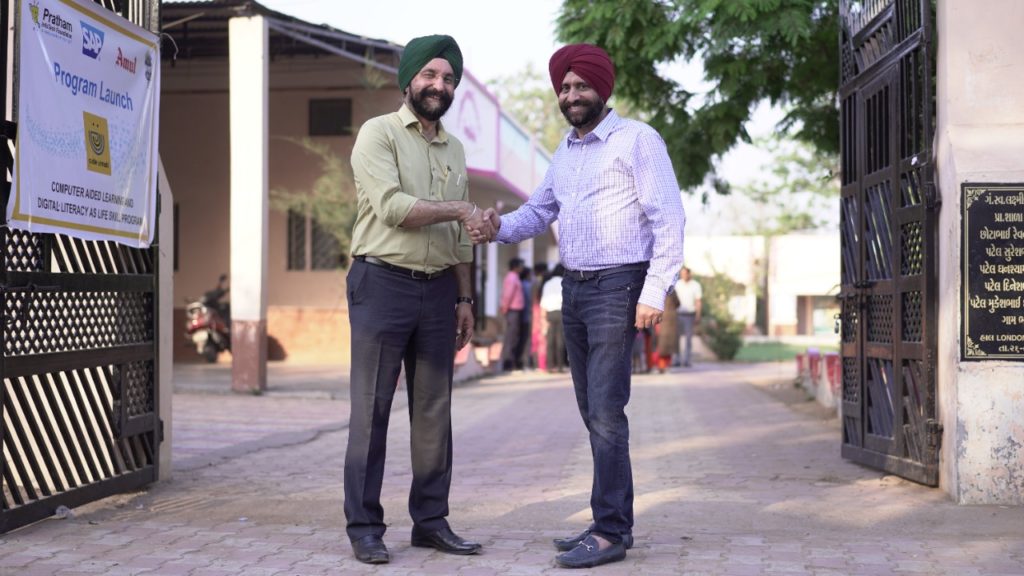
To drive literacy and inclusion at the grassroots, SAP and Amul have collaboratively created a digitally inclusive ecosystem that will deliver technical education and professional support in the areas of coding, English skills, and socio-economic opportunities.
Key pillars of the initiative include:
- Coding and 21st Century Skills: To power India’s 5 trillion-dollar economy, we need to develop digitally savvy communities. This will be done by imparting digital literacy, coding, problem solving and English skills for citizens in remote villages, thus enabling adoption of New Education Policy imperatives.
- School to Workforce transition: Will build a STEM-focused learning environment to help students in marginalised regions make a smoother transition to the workforce and enhance job opportunities. It will also reduce school dropouts, improve learning, and create an employable talent pool by encouraging critical reasoning and analytical thinking.
- Women empowerment and entrepreneurship: Women in rural areas are finding more entrepreneurial opportunities thanks to the growing digital world. Over 20,000 young women will be taught in digital-financing skills and functional communications as part of “Employable 21st Century Skills,” with the goal of strengthening support for the social business sector and achieving gender equality.
- Support Farmer Livelihoods: The outreach will help scale community ownership & participation under Build, Operate, Transfer Model of sustainable development. By planting fruit-bearing saplings, the companies will help improve biodiversity, reduce soil erosion, and increase green cover, thus enhancing support to the livelihood of farmers and their families.
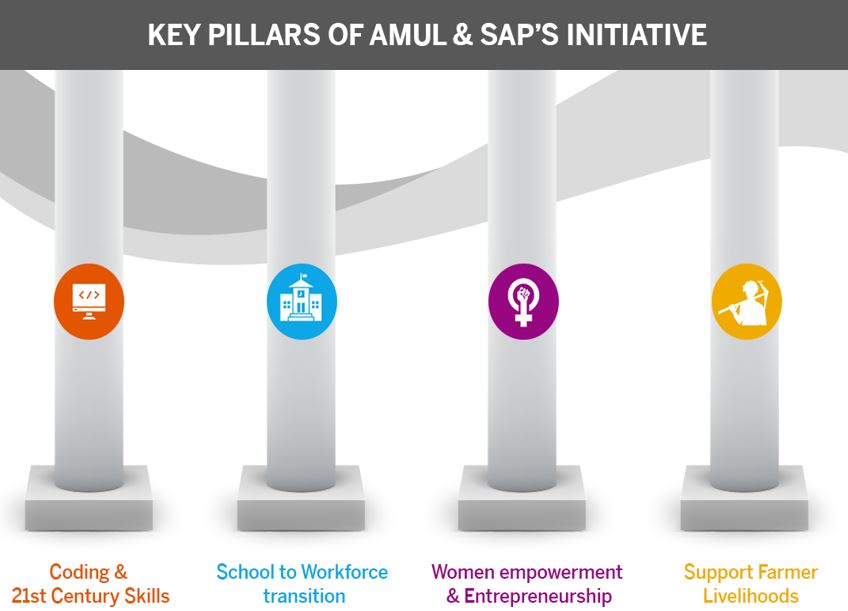
Kulmeet Bawa, President, and Managing Director, SAP Indian Subcontinent, said, “Technology can act as a catalyst in shaping India’s journey to an inclusive and sustainable economy. While urban development projects such as smart cities and futuristic mobility are reflective of this potential, true progress of India lies in the development of her villages. Our work with Amul is an expansion of this vision and will provide citizens with the information and tools they need to succeed. As India continues to lead global action on sustainability, collaboration like ours will also provide the critical foundation for an inclusive and resilient future in which no one is left behind.”
Pratham Infotech Foundation, an NGO organization that works to close the digital divide in India, will lead Amul and SAP India’s collaborative outreach.
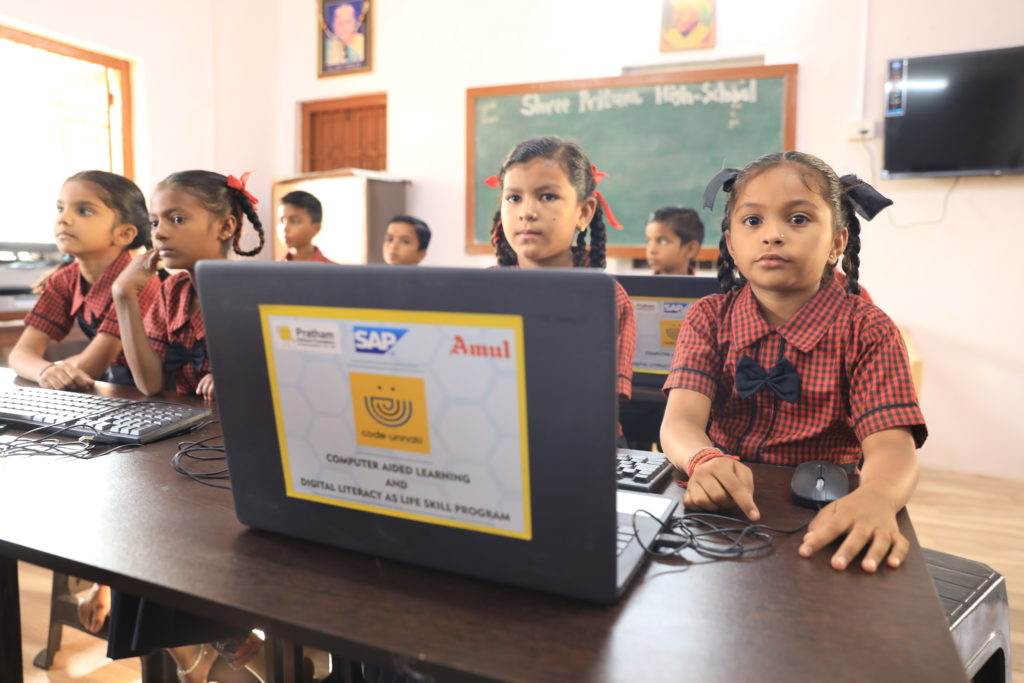
About SAP
SAP’s strategy is to help every business run as an intelligent, sustainable enterprise. As a market leader in enterprise application software, we help companies of all sizes and in all industries run at their best: SAP customers generate 87% of total global commerce. Our machine learning, Internet of Things (IoT), and advanced analytics technologies help turn customers’ businesses into intelligent enterprises. SAP helps give people and organizations deep business insight and fosters collaboration that helps them stay ahead of their competition.
We simplify technology for companies so they can consume our software the way they want – without disruption. Our end-to-end suite of applications and services enables business and public customers across 25 industries globally to operate profitably, adapt continuously, and make a difference. With a global network of customers, partners, employees, and thought leaders, SAP helps the world run better and improve people’s lives. For more information, visit www.sap.com.
About Amul
The Gujarat Cooperative Milk Marketing Federation Ltd, Anand (Amul) is the largest food product organisation of India with annual group turnover of ₹ 63,000 crores (USD 8.4 billion dollar) during 2021-22. It is the apex organization of the Dairy Cooperatives of Gujarat. This State has been a pioneer in organizing dairy cooperatives and our success has not only been emulated in India but serves as a model for rest of the World.
Over the last 75 years, Dairy Cooperatives in Gujarat have created an economic network that links more than 3.6 million village milk producers with millions of consumers in India and abroad through a cooperative system that includes 18,565 Village Dairy Cooperative Societies (VDCS) at the village level, affiliated to 18 District Cooperative Milk Producers’ Unions at the District level and GCMMF at the State level. These cooperatives collect on an average 267 Lakhs Litres of milk per day (26.7 million litre per day) from their producer members, more than 70% of whom are small, marginal farmers and landless labourers and include a sizeable population of tribal folk and people belonging to the scheduled castes. Gujarat Co-operative Milk Marketing Federation Ltd., markets milk and milk products under brand of “Amul”. It markets the products, produced by the district milk unions in 96 dairy plants. The combined processing capacity of these plants is 41 million litres per day, with six dairy plants having processing capacity in excess of 1 million Litres per day.
GCMMF and its member unions ensure that around 80-85% of consumer rupee goes back to milk producer members.
# # #
For media enquiries, contact:
Chaya Arora:
9987590976
chaya.arora@sap.com
Shristi Mahnot:
9986729683
Shristi.Mahnot@genesis-bcw.com
